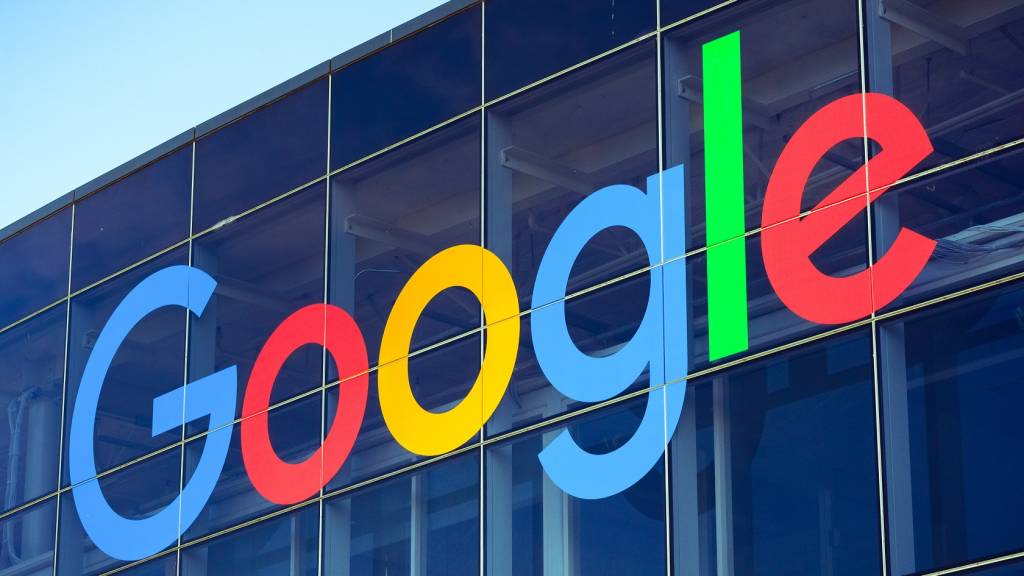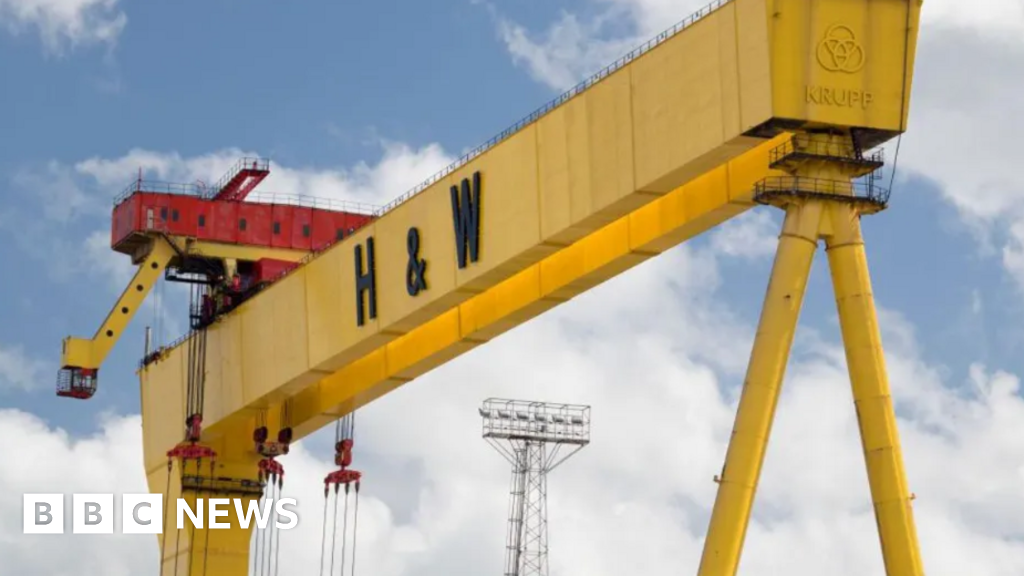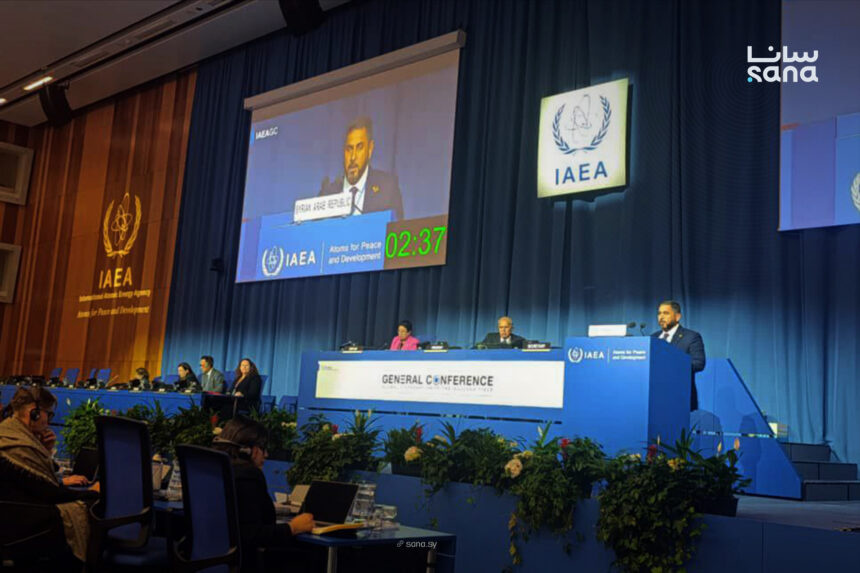By Anton Nilsson
Copyright crikey

Google News Showcase clauses in contracts reviewed by this investigation affect some rights of signatory news outlets, such as: NDAs [that] restrict the capacity to discuss details of deals with other news outlets and coordinating an industry approach; a clause where publishers acknowledge that “the traffic that Google sends to Publisher’s online properties is sufficient remuneration for Google’s indexation, display, and other similar uses of content from Publisher’s publications in connection with Google’s automated referencing services”; [and] another clause states that Google could terminate the contract if a law was passed to establish payment mechanism or that Google could terminate the contract if the publisher “participates in or initiates a legal claim or complaint relating to Google’s or its Affiliates’ use of news content, pursued other copyright forms of payment in courts”.
We noticed many parallels in how Google resisted news media bargaining legislation across Brazil, Australia, Canada, the US and Indonesia. A former employee called it a “playbook.” Does Google have a set of strategies or “playbook” it uses to respond to regulations like these?
On what grounds did Google select the Canadian Journalism Collective to distribute the $100 million fund for news in Canada?
Why did you create the Google News Initiative? How could Google shareholders benefit from such a program? How do you respond to the accusation that it was an attempt at “corporate capture” of the media?
Has Google intentionally organised Newsgeist events in countries where the company was facing regulatory pressure regarding media?
During the legislative process in Canada, Google claimed Bill C-18 would disadvantage smaller outlets. However, groups like the National Ethnic Media and Press Council of Canada contend that smaller publishers were often overlooked by Google for funding. What is your response to this allegation?
In Australia, Canada, and Brazil, lawmakers described “threats” to pull out of the country as a strategy to halt regulatory debates. Is this an accurate description of what happened and if not, how would you describe Google actions?
After saying Google would stop providing news in several regions, including in California where it blocked California-based news outlets’ content for some state residents in 2024, Google has not pulled out news completely, except for removing Spanish publishers from Google News and snippets from French outlets in search. Can you comment on this outcome?
What was the role of Richard Gingras, your vice-president for news from 2017 until earlier this year, in shaping public policy in favour of Google’s interests?
Was Google News Showcase a direct response to the regulatory pressure Google was facing?
How does Google choose which publishers to sign Google News Showcase licensing agreements with?
What do you make of critics’ claims that Showcase funding creates financial dependency for news outlets?
Why were these clauses inserted? Our sources allege that these clauses push outlets to give up other rights when joining Showcase. Is that an accurate description? If not, could you explain why you put in place such restrictive clauses?
Are these clauses present in contracts all over the world, or do they vary from country to country?
Some clauses of the Showcase contracts had to be changed in Germany after an investigation from Germany’s federal competition regulator, Bundeskartellamt, but they are still being used in other countries. How do you explain this discrepancy?
Some experts claim that another clause in the Showcase contracts, [which] gives Google the ability to “reproduce, distribute, publicly display, publicly perform, and otherwise use the Publication Content in connection with Google products and services”, could be a legal protection in case news outlets request payment for AI training. What is your response to that?
Does Google plan to sign other news licensing deals for AI training purposes?
Research from Muckrack suggests a significant amount of AI overview content originates from news publishers. To what extent has Google used news content for AI training purposes so far?
A recent study by Swiss economic consulting firm FehrAdvice, found the inclusion of journalism in search results helps contribute to the topicality, trust and completeness of Google’s offerings in Germany. It concluded that on average, journalistic content increases Google’s value by 24%. A previous study from the same company found that in Switzerland the perceived value of search increased with the insertion of news by 16%. This contrasts significantly to your findings from recent trials. Have economic studies like these led to changes in your policy regarding news?
What did Karan Bhatia, Google’s head of government affairs and public policy, discuss with the Australian ambassador to the US, Kevin Rudd, during their meeting on March 3, 2025?



